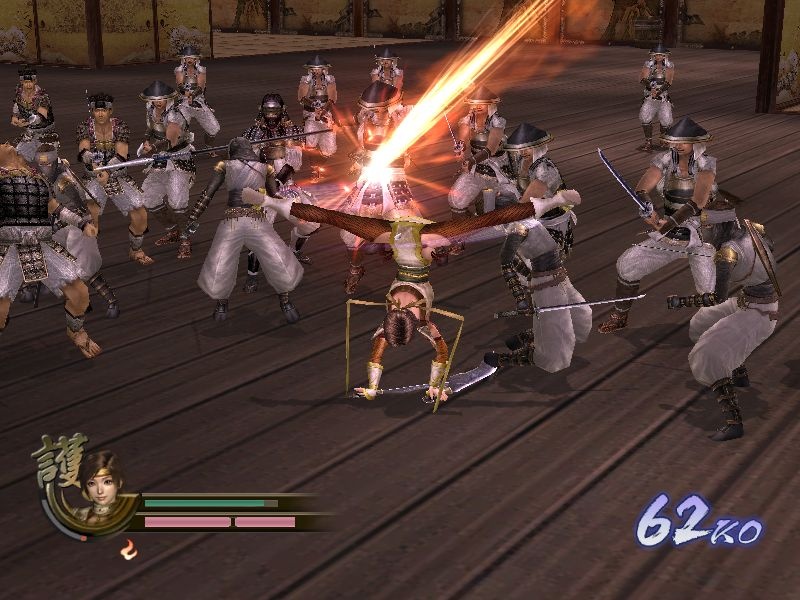


In media discourse les banlieues are frequently stigmatised as migrant enclaves, plagued by epidemics of crime, gang violence and rioting. These communities are often concentrated in the infamous banlieue neighbourhoods of France, a shorthand reference to suburbs which fringe many of France's major urban centres and are characterised by uniform and soulless public housing edifices. To understand something of this alienation it is necessary to consider the marginal social and economic standing of France's second and third generation of post-war Arab and African immigrant populations. Ironically, all this deliberation seems have to pushed to one side any commentary on the widespread political alienation felt among French migrant populations, and the extent to which this has become a wellspring for violent radicalisation. This hard-line response drew appreciative commentary in France.ĭays earlier, the same media outlets were reflecting on the meaning of the 'Je suis Charlie' marches across the country and the symbolic message of unity they seemed to embody. The plan included the creation of more than 2500 new jobs in the law, justice and defence sectors, and the ongoing surveillance of roughly 3000 individuals. Last week, French Prime Minister Manuel Valls announced a raft of new government spending on security in the wake of the Charlie Hebdo attack.


 0 kommentar(er)
0 kommentar(er)
